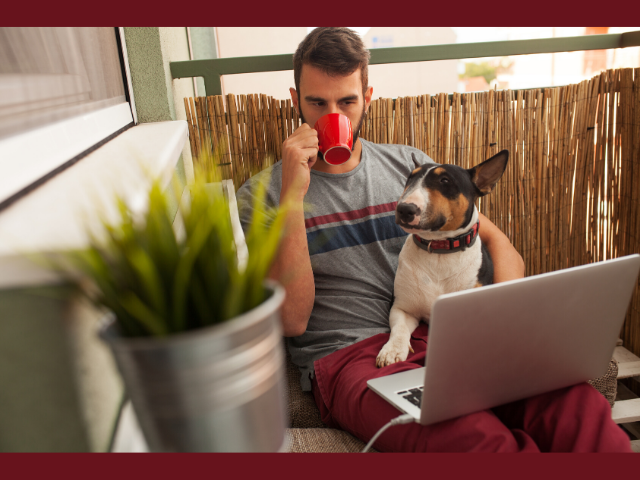Simplified expenses are a set of optional expenses rates that have been exclusively designed to help sole traders and individuals who are business partners. They aim to simplify the expenses section of the self-assessment tax return, and are split into three sections; business-related vehicle costs, costs incurred by working from home, and costs involved when you live at your business premises.
Vehicle costs
If you opt in to the simplified rate then you won’t need to calculate separate business-related vehicle costs, you just apply a flat mileage rate.
For the first 10,000 miles in a car, the rate is set at 45p per mile. This drops to 25p per mile after that. If you are claiming against a motorcycle then the rate is 24p per mile regardless of the amount of miles. If you choose to apply the flat mileage rate to your vehicle then you will be required to do so for as long as you use that vehicle in your business, but you cannot apply them to a vehicle that you have claimed any capital allowances for or if you have included the expenses in your profit calculations.
You can still claim for other travel expenses on top, for example if you have paid for parking or used other modes of transport.
If you are confused about company cars and the tax implications behind them, then read our blogpost explaining company car taxes.
Working from home
The simplified rate makes it easier to calculate rent and utility expenses related to time spent working from home.
If you work from home for 25-50 hours per month then you can claim £10 per month, 51-100 hours entitles you to £18 per month, and 101 hours or more gives you a rate of £26 per month. This is just to cover the costs of your rent and utility bills, but you can still claim additional home-working expenses such as telephone and internet costs by calculating the actual amounts and listing them on your tax return separately. You must spend a minimum of 25 hours working from home per month.
Living at your business premises
If you are living in your business premises, for example if you run a bed and breakfast, then you can use a flat rate of deduction to simplify calculating the split between personal and business. For one person living on the premises you take £350 away from the total monthly cost of the premises. If there are two residents at the premises then the rate of deduction changes to £500, and £650 if there are three or more people living there. If there is someone living at the premises with you for just some of the year then you only include them in your calculations for the relevant months. The figure left after deduction is what you can claim as a business expense.
Utilising the simplified expenses rates could help if you have expenses that fall into any of those three categories. However it isn’t necessarily going to be the most beneficial method, depending on your actual costs. Your accountant or tax specialist will be able to advise you on what fits your business best, and help you decide if simplified expenses are for you.
Get in touch with the expert team at Neil Smith Accountancy to discuss your personal or small business accounts. Neil Smith Accountancy have been providing first class services throughout Essex, London and outlying regions for more than a decade, and can help with all of your tax and accounting needs.


